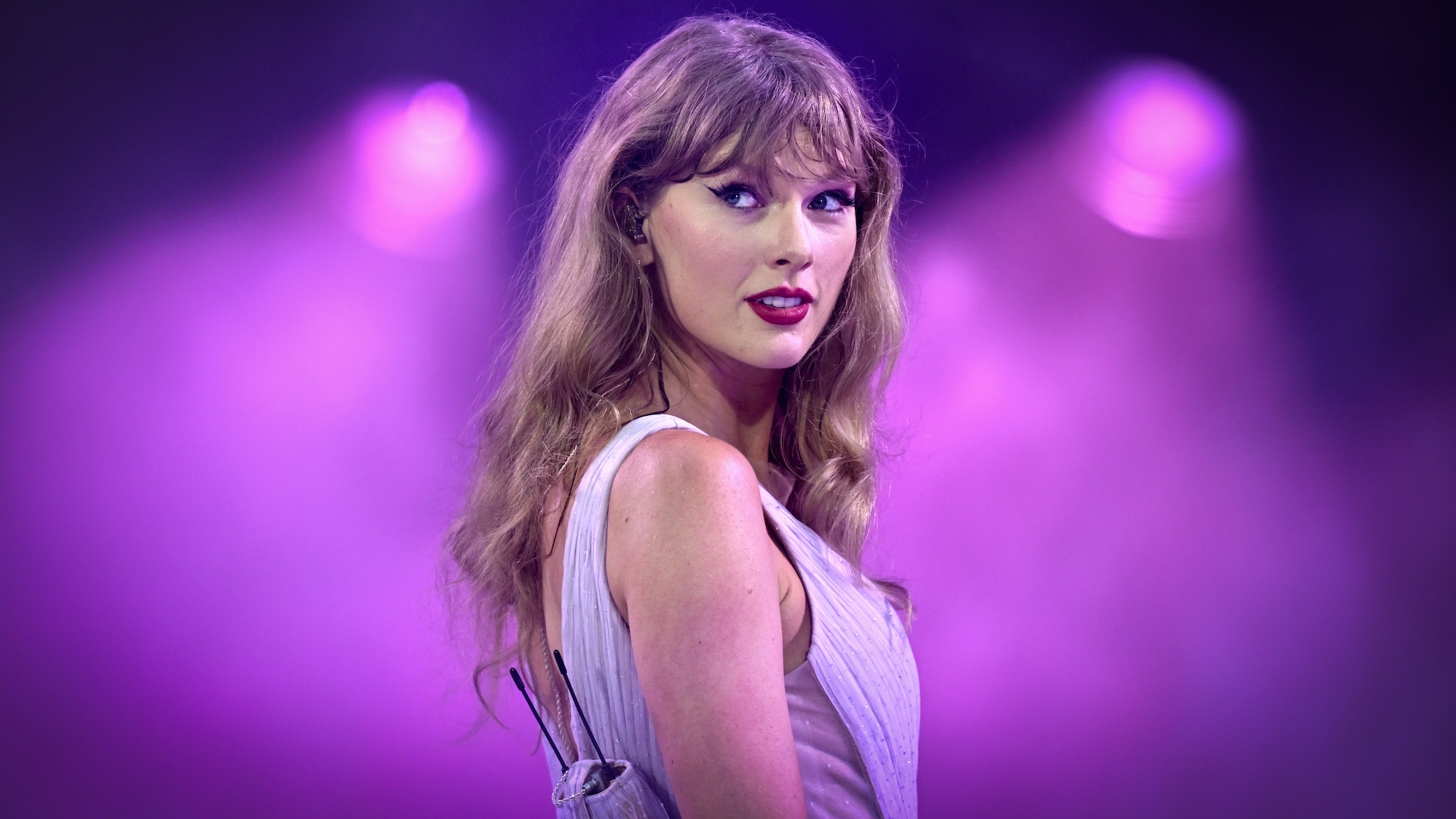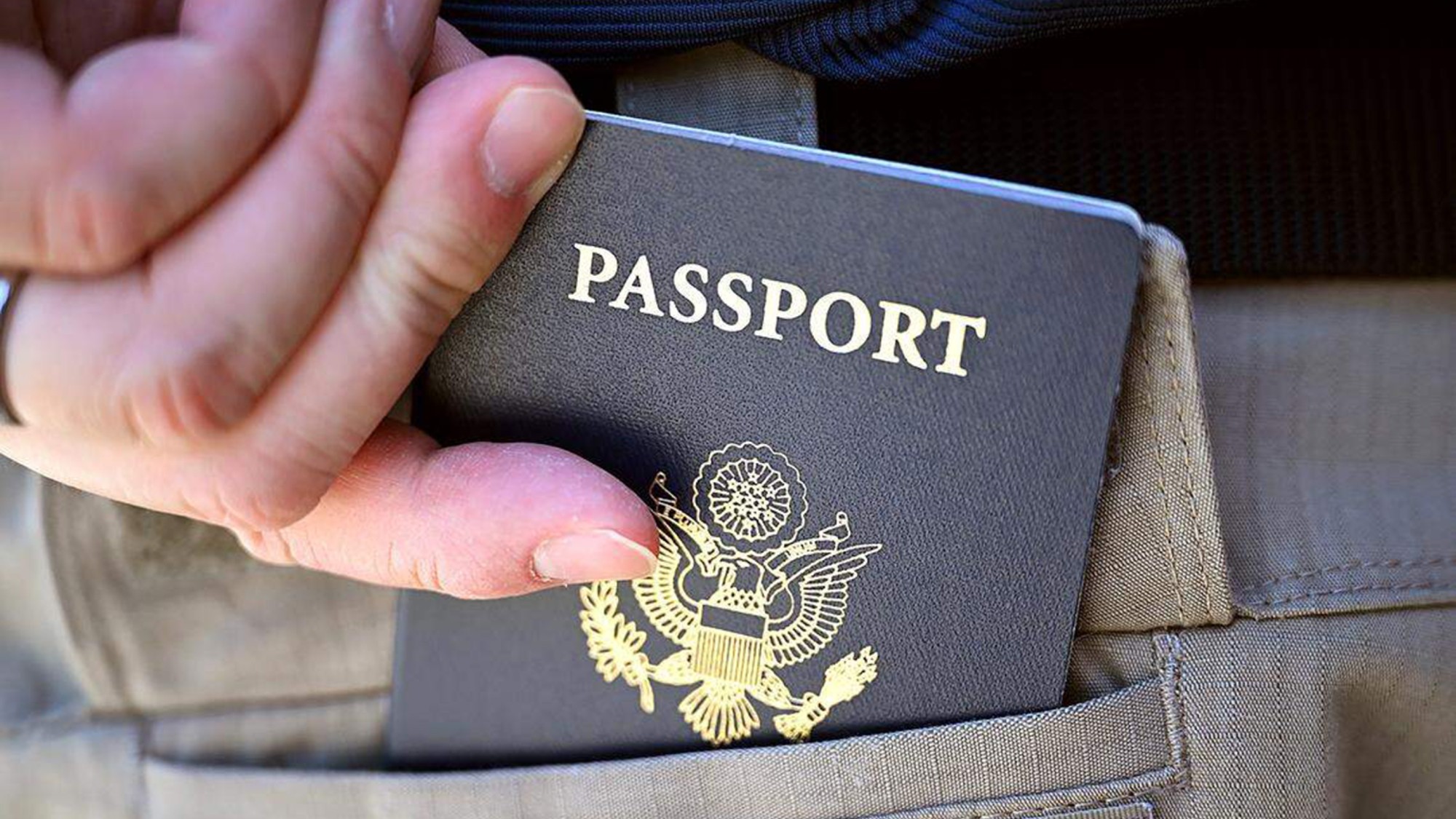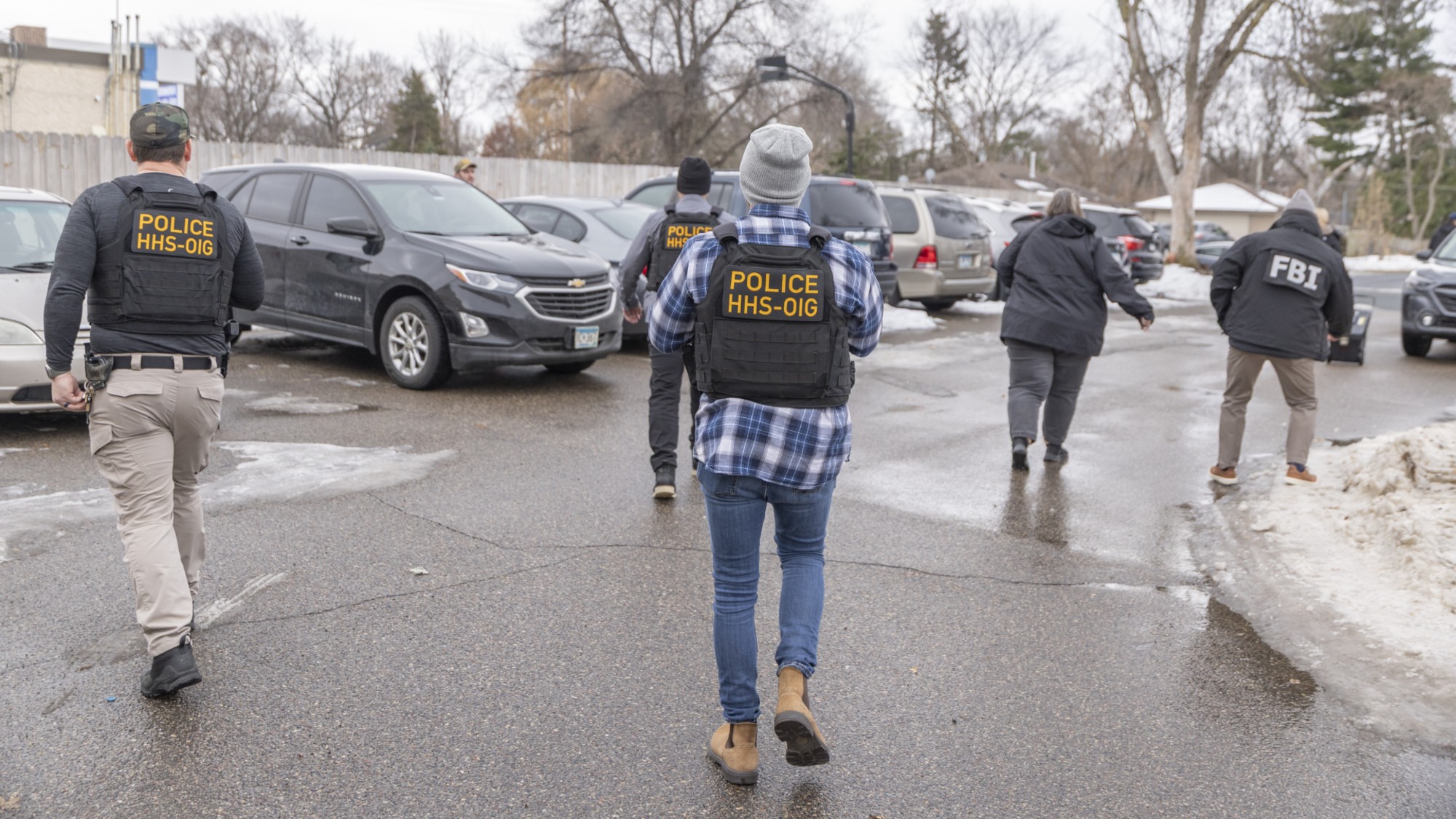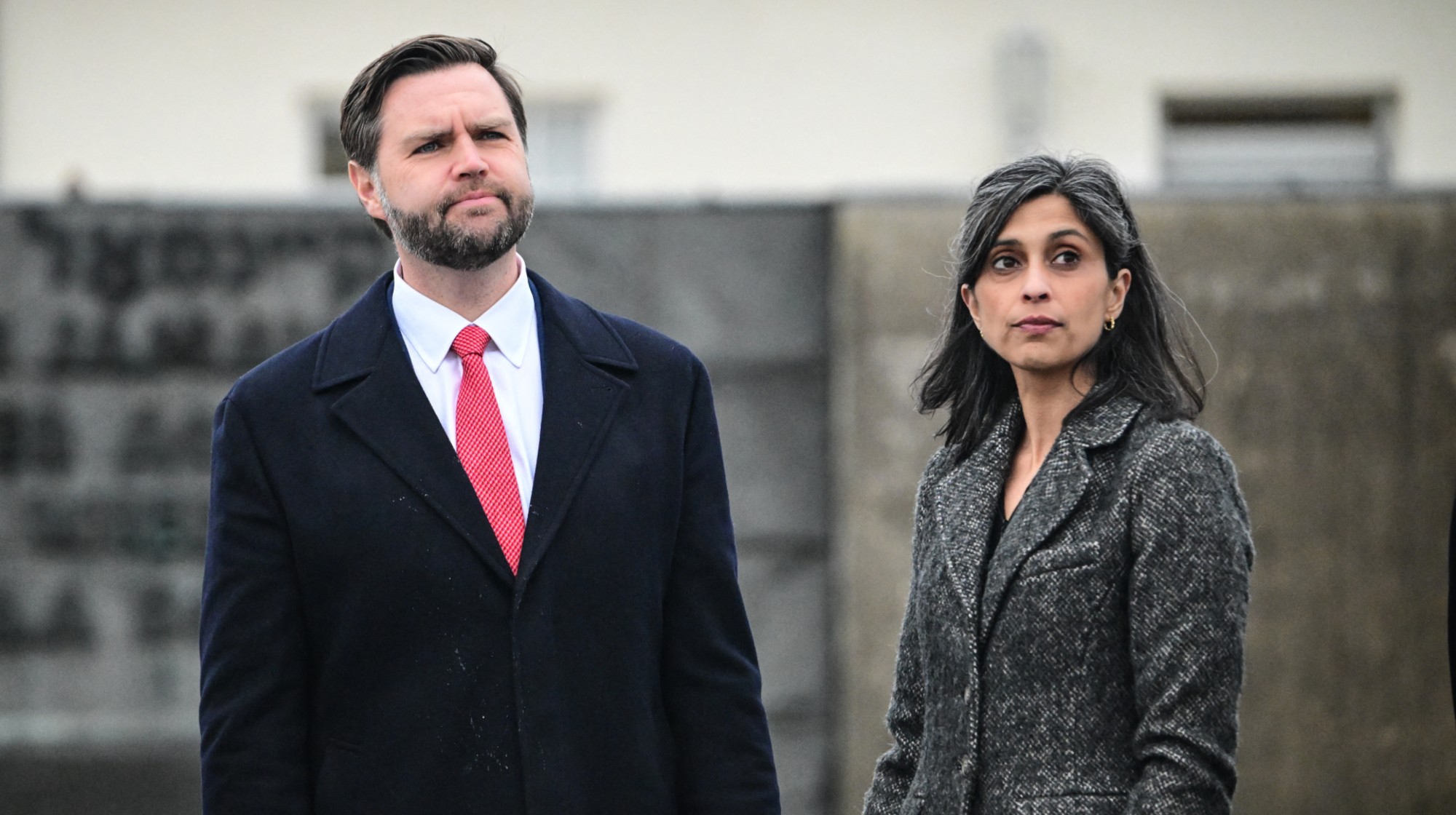Taylor backs Kamala: a history of celebrity endorsements
The pop star confirmed her support for the vice president to her more than 280m Instagram followers

A free daily email with the biggest news stories of the day – and the best features from TheWeek.com
You are now subscribed
Your newsletter sign-up was successful
Just minutes after Donald Trump and Kamala Harris had finished their first presidential debate on Tuesday, pop star Taylor Swift confirmed her endorsement of the Democratic nominee to her 283m followers on Instagram.
While celebrity endorsements can largely pass by with little impact on the trajectory of a candidate, Swift's has the potential to be one of the "most important celebrity endorsement we've ever seen of a presidential campaign" given her level of reach and influence, said Lawrence O'Donnell on MSNBC.
What's more, the race for the White House continues to look like a "tight one", said Euronews, and Swift's backing "could very well boost enthusiasm from younger voters".
The Week
Escape your echo chamber. Get the facts behind the news, plus analysis from multiple perspectives.

Sign up for The Week's Free Newsletters
From our morning news briefing to a weekly Good News Newsletter, get the best of The Week delivered directly to your inbox.
From our morning news briefing to a weekly Good News Newsletter, get the best of The Week delivered directly to your inbox.
Elections in the US have "long drawn the influence of star power" but the effect can only be "squishy at best", said History, and often it is the celebrity who has the most to gain from endorsements.
Which are the most notable endorsements?
Presidential celebrity endorsements stretch back to 1920, when Warren G. Harding became the "first celebrity-endorsed president" after movie stars Mary Pickford and Al Jolson backed him to become president, said Atlas Obscura.
At that time it was super-effective, with Harding gaining the "largest slice of the popular vote in history" and his "popularity remained sky-high throughout his time in office".
Since then, celebrity endorsements have become a regular feature of presidential campaigns. Singer Frank Sinatra endorsed Democrat Franklin D. Roosevelt in his final run for office in 1944, as well as John F. Kennedy briefly before the relationship "fell apart", said History. Sinatra later sided with Republicans and endorsed Ronald Reagan in his first run for office.
A free daily email with the biggest news stories of the day – and the best features from TheWeek.com
In more recent times, Oprah Winfrey endorsed Barack Obama in his campaigns from 2008, while Beyonce Knowles later backed Hillary Clinton, Joe Biden, and now Kamala Harris.
In the UK, the celebrity endorsement is less common, but probably hit its heyday with New Labour's election in 1997, when the likes of Noel Gallagher, Sir Alex Ferguson, and even Ross Kemp publicly endorsed Tony Blair for prime minister.
Why do celebrities endorse political campaigns?
The key reason celebrities endorse politicians is because they believe it can "sway votes", said Trevor Hughes at USA Today.
In many ways, it would be easier for them not to say anything and "risk alienating fans". Michael Jordan famously refused to endorse a Democratic candidate in his home state of North Carolina in 1990 because "Republicans buy sneakers, too", but was later accused of putting "profit over principles", said The Guardian.
Other celebrities, however, see politics as a "natural extension of their brand" and are therefore more willing to weigh in. That includes Swift, whose songs often contain sentiments around "sexism" and "gender-based double standards" so is likely to back a candidate with policies that align with her public views.
Do they work?
There is a sense that celebrity candidates can create a groundswell of enthusiasm for a candidate, but their effect on the final outcome is "hard to quantify" said The New Yorker.
Oprah's endorsement of Obama is estimated to have had the most effect, with claims from economists that she may have been "responsible for more than a million of Obama’s votes".
But endorsements can also backfire. Those celebrities who endorsed Obama later endorsed Hillary Clinton in 2016, and this may have contributed to the "elitist" label that she was given in Donald Trump's "anti-celebrity campaign".
There is certainly evidence that celebrity endorsement draws attention and engagement in politics, even if actual votes are hard to ascertain. Swift's last post about elections in 2023 helped drive a "record of more than 30,000 people" to register to vote, said Hughes, and celebrities can "play an important role in encouraging first-time voters" to understand elections and register, even if they remain away from partisan politics.
Richard Windsor is a freelance writer for The Week Digital. He began his journalism career writing about politics and sport while studying at the University of Southampton. He then worked across various football publications before specialising in cycling for almost nine years, covering major races including the Tour de France and interviewing some of the sport’s top riders. He led Cycling Weekly’s digital platforms as editor for seven of those years, helping to transform the publication into the UK’s largest cycling website. He now works as a freelance writer, editor and consultant.
-
 The Olympic timekeepers keeping the Games on track
The Olympic timekeepers keeping the Games on trackUnder the Radar Swiss watchmaking giant Omega has been at the finish line of every Olympic Games for nearly 100 years
-
 Will increasing tensions with Iran boil over into war?
Will increasing tensions with Iran boil over into war?Today’s Big Question President Donald Trump has recently been threatening the country
-
 Corruption: The spy sheikh and the president
Corruption: The spy sheikh and the presidentFeature Trump is at the center of another scandal
-
 How ‘Manchesterism’ could change the UK
How ‘Manchesterism’ could change the UKThe Explainer The idea involves shifting a centralized government to more local powers
-
 ‘Dark woke’: what it means and how it might help Democrats
‘Dark woke’: what it means and how it might help DemocratsThe Explainer Some Democrats are embracing crasser rhetoric, respectability be damned
-
 San Francisco tackles affordability problems with free child care
San Francisco tackles affordability problems with free child careThe Explainer The free child care will be offered to thousands of families in the city
-
 The Mint’s 250th anniversary coins face a whitewashing controversy
The Mint’s 250th anniversary coins face a whitewashing controversyThe Explainer The designs omitted several notable moments for civil rights and women’s rights
-
 US citizens are carrying passports amid ICE fears
US citizens are carrying passports amid ICE fearsThe Explainer ‘You do what you have to do to avoid problems,’ one person told The Guardian
-
 Inside Minnesota’s extensive fraud schemes
Inside Minnesota’s extensive fraud schemesThe Explainer The fraud allegedly goes back to the Covid-19 pandemic
-
 Trump wants to build out AI with a new ‘Tech Force’
Trump wants to build out AI with a new ‘Tech Force’The Explainer The administration is looking to add roughly 1,000 jobs
-
 JD Vance wades into choppy religious waters about wife Usha
JD Vance wades into choppy religious waters about wife UshaTHE EXPLAINER By emphasizing his hope that the Second Lady convert to Christianity, the vice president is inviting controversy from across the religious spectrum